When in the right tank and living environment, bettas are active, curious and entertaining fish, with vibrant colors and full fins. They can actually survive without food for a considerable amount of time. Here, we’ll cover How Long Betta Fish Can Go Without Food.
How Long Can Betta Fish Go Without Food?
A healthy, well-fed betta can go without food for approximately 14 days, however it’s not a sustainable way to feed your fish.
About Bettas
Bettas, also known as Siamese Fighting Fish, are one of the most appealing and sought-out species in aquarium shops around the world. They belong to the gourami family, known to be territorial in their habitats.
Bettas tend to have a diet consisting of insects, larvae, shrimp, small worms, fish flakes and pellets.
Being a predatory fish, they have a short intestine. This means their feeding frequency is lower compared to other fish species. They thrive best on only a small amount of food a few times a day.

Can My Betta Survive a Few Days Without Food?
There’s a common myth that bettas need a day or two every-once-in-a-while to digest unprocessed foods in their bodies. However, in reality fish experience significant physiological stress when their routines, such as eating consistently each day, is disrupted. This stress can cause losses to the fish’s muscular mass, corporal score and immune system, which can lead to disease.
That said, if you’re not taking weekend trips that often, your betta will survive a short period of time without food. You can also take a few precautions to keep your bettas safe during your holidays.
Slightly reducing the temperature of the water will slow down the metabolism of the fish, along with limiting the daily light for the aquarium to 6 hours instead of 12 hours of daylight. With the reduced photoperiod and lower temperatures, the betta will burn fewer calories and that could cause them to feel less hungry.
Should I Overfeed my Betta Before I Go?
It’s recommended you keep to your regular feeding schedule and amounts in the days leading up to before you leave.
Overfeeding can pose additional concerns such as water quality degradation in the tank, obesity and problems in the animal’s digestive system.
8 Factors That Determine How Long Betta Fish Can Go Without Food
There are various aspects that can affect or benefit the health of your fish while you’re away on holiday. The overall health of your fish impacts how long it may be able to survive without food.
1. Water Quality
Bettas, like other fish, release ammonia into the water. This substance can impact water quality and may become toxic to the aquarium.
Prices pulled from the Amazon Product Advertising API on:
Product prices and availability are accurate as of the date/time indicated and are subject to change. Any price and availability information displayed on [relevant Amazon Site(s), as applicable] at the time of purchase will apply to the purchase of this product.
We recommend doing a few tests before you leave to check nitrogenous levels, along with doing water changes or periodic maintenance to keep the water clean and pure, if necessary.
Ensuring you have a filtering system that suits the size of your tank is a way to keep your aquatic environment clean.
2. Fish Health
Ensuring that your betta fish aren’t showing traits of being sick or weak is important being leaving them to fend for themselves. Such traits include having dulled colors or droopy, frail fins.
Ill fish can’t survive for a long period of time without food and proper care, so making sure they are living in a nourishing, comfortable tank environment is the best way to keep your betta’s health in check.
3. Temperature of Water
Betta fish do require a heater for them to thrive. The water temperature should be kept at 75-80 degrees Fahrenheit. Cooler water can kill betta fish, as their immune system will slow and make them susceptible to illness. It is OK to reduce the temperature a little for short periods of time. Reducing the temperature slows their metabolism, thus they won’t need to eat as much.
4. Check Your Tank Equipment
Fish that are well-fed and kept in suitable parameters, are more adaptable to changes, such as leaving them alone and without food for a weekend.
Therefore, double-checking that the equipment keeping your aquarium stable are still running smoothly and without malfunctions is a good step. This way, you can trust the tank’s water environment to remain in a perfect, clean condition.


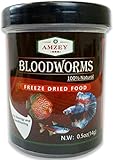

![[Betta Fish Food] Ultra Fresh - Betta Pro Shrimp Patties, 50% Sword Prawns + Akiami Paste Shrimps, All Natural Protein, Rich in Calcium, for Betta's Healthy Development and Cleaner Water, Betta Food](https://m.media-amazon.com/images/I/4154e7UwHYL._SL160_.jpg)


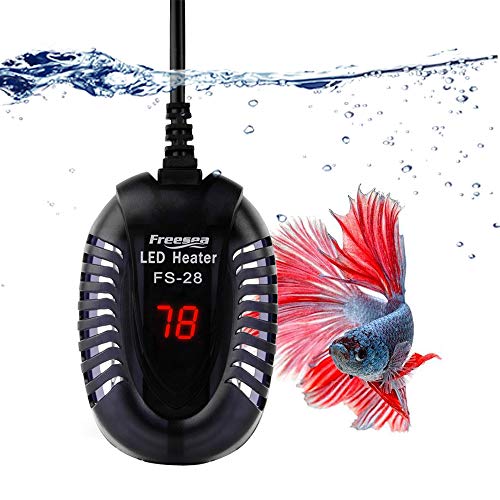




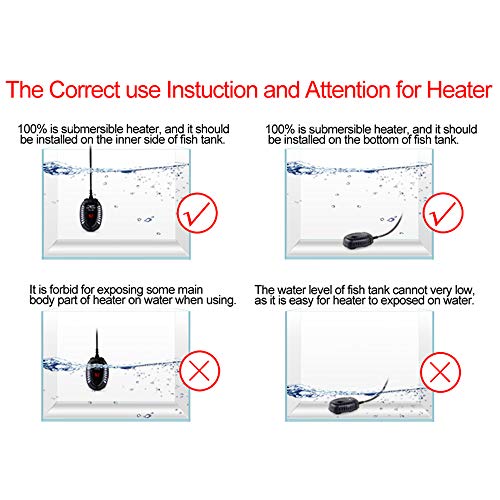
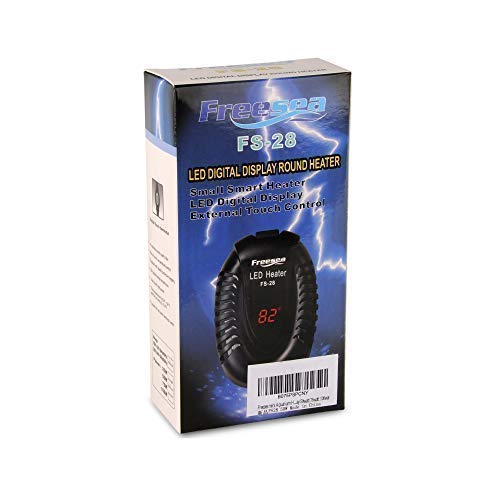
![[Complete Feed Guide ] How long Betta fish can go without food?](https://aquariumhunter.com/wp-content/uploads/2021/09/Best-Plants-for-Betta-Fish-300x250.jpg)
 Betta fry, which are baby bettas, get nutrients from the egg during the first few days of their life. After that, they can be fed 3-4 small meals a day.
Betta fry, which are baby bettas, get nutrients from the egg during the first few days of their life. After that, they can be fed 3-4 small meals a day.



![Top [2023] 15 Best Protein Skimmers For Your Aquariums & Sumps Top [2023] 15 Best Protein Skimmers For Your Aquariums & Sumps](https://aquariumhunter.com/wp-content/uploads/2021/03/best-protein-skimmer.jpg)
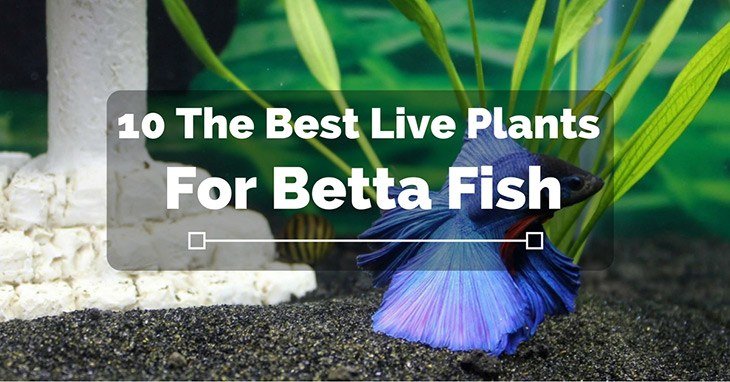
![[Must Read] Best Fish For a 20-gallon Tank (With Pictures ) [Must Read] Best Fish For a 20-gallon Tank (With Pictures )](https://aquariumhunter.com/wp-content/uploads/2021/09/196_danios_ahoy.jpg)